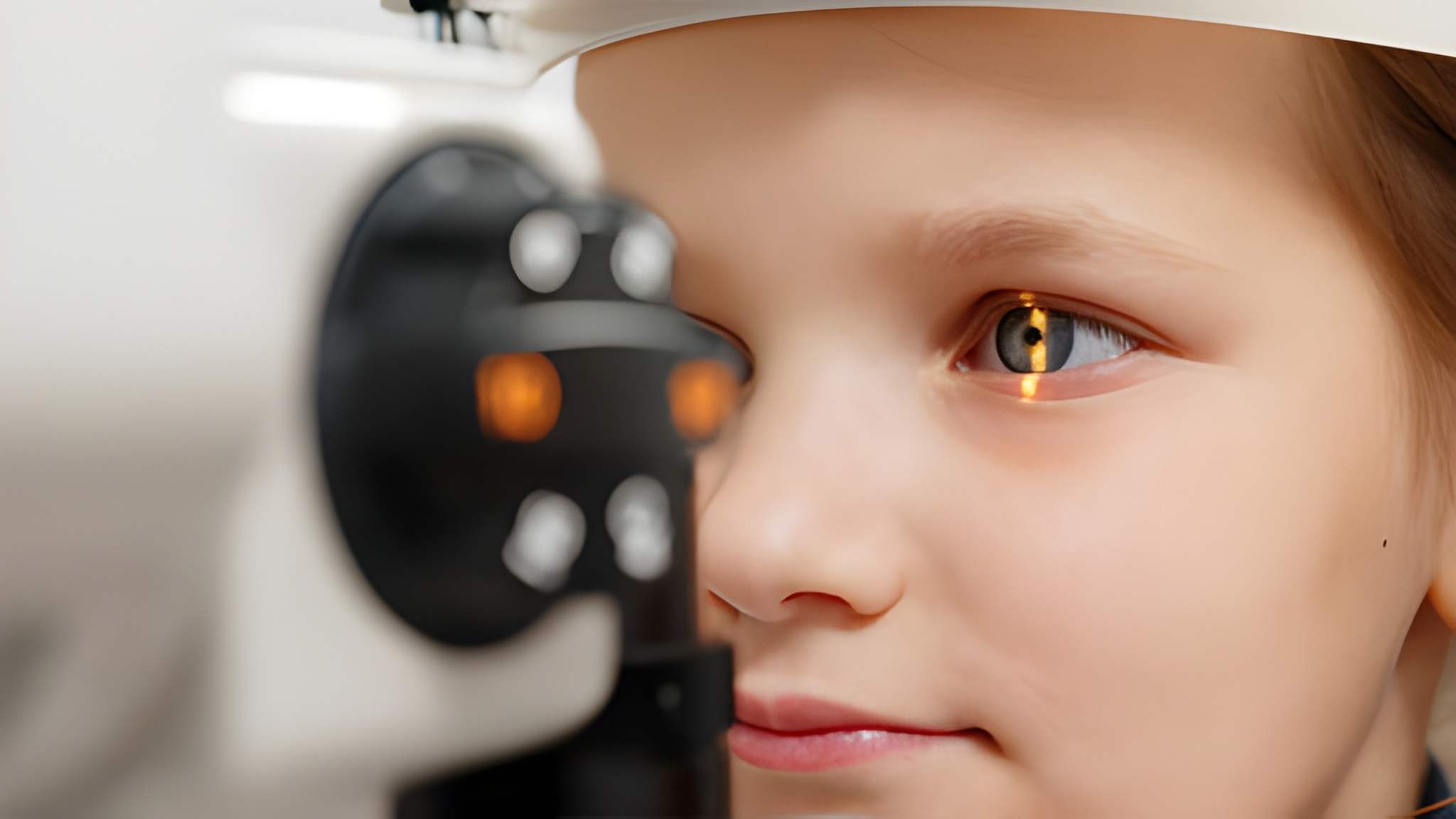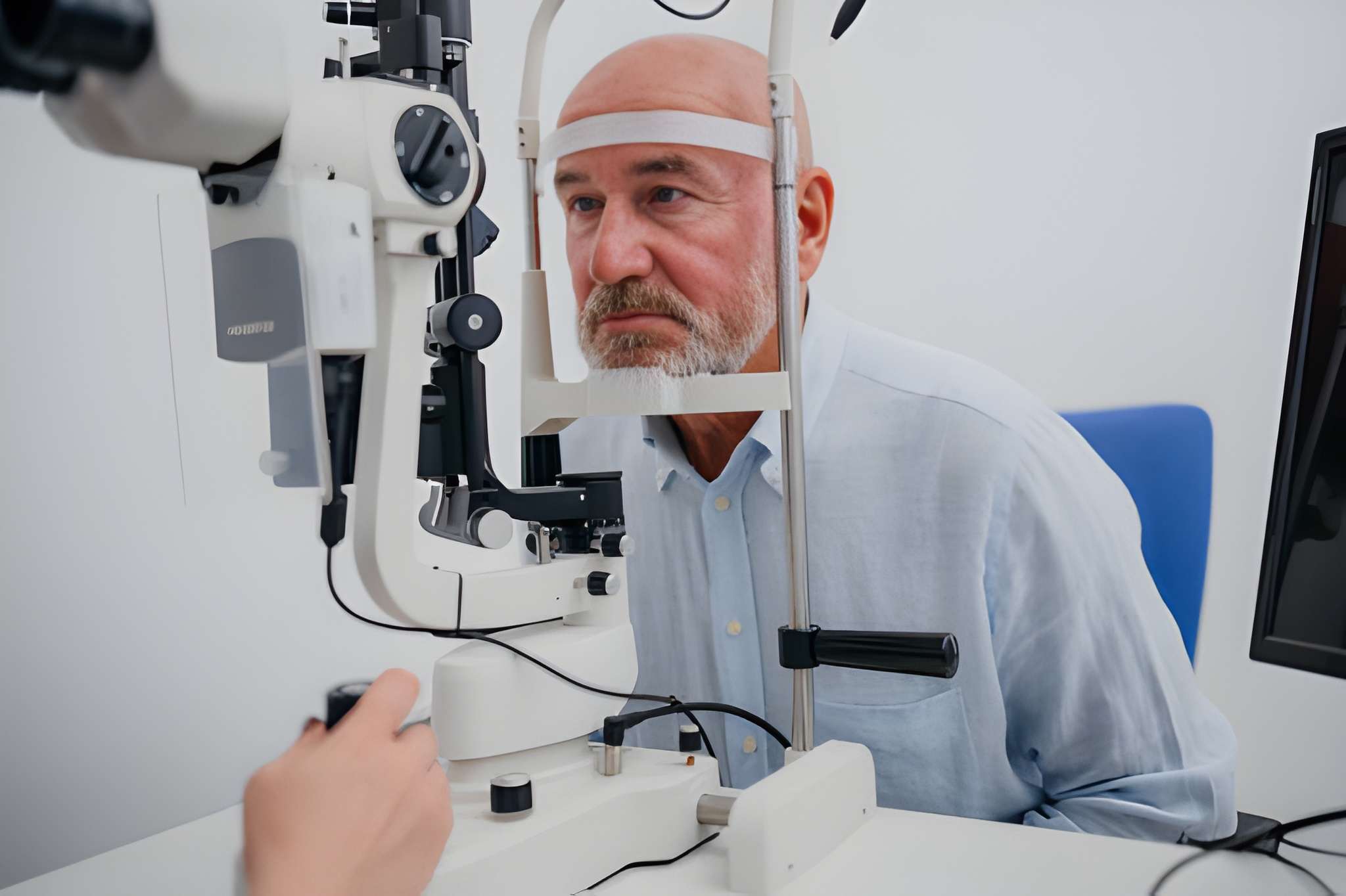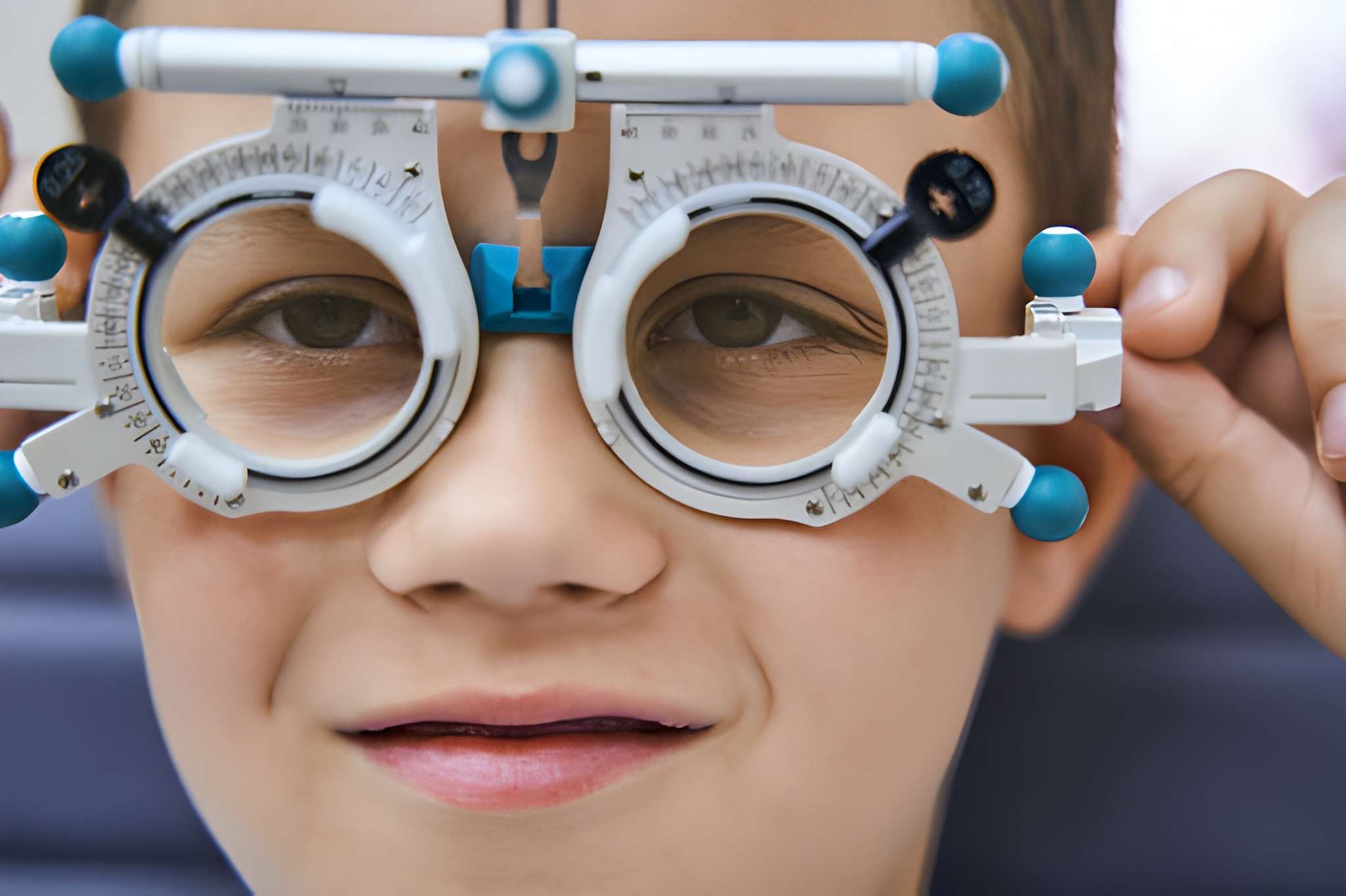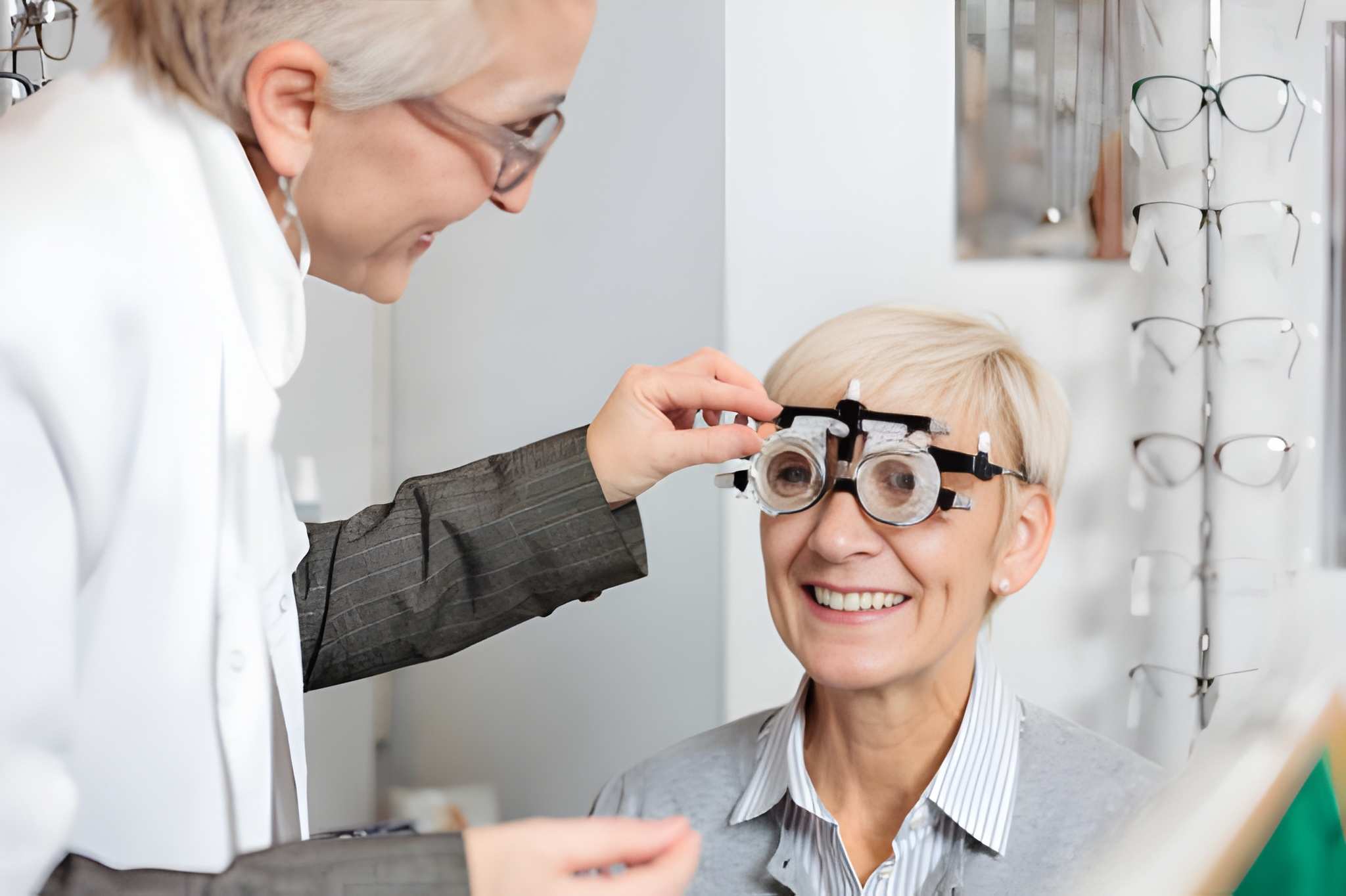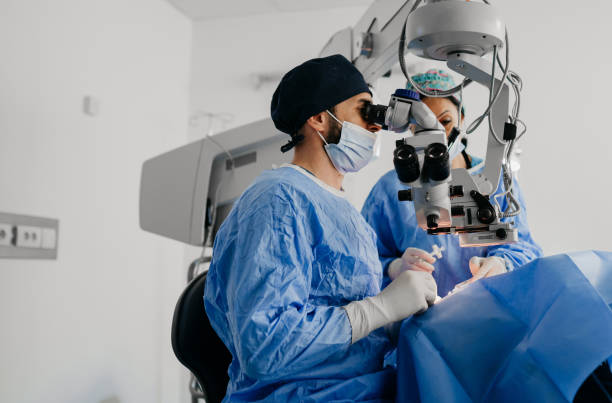Many people use the term eye doctor to describe any professional who works with vision, but not all specialists provide the same care. Knowing the difference between an optometrist, ophthalmologist, and optician helps you choose the right professional for your needs. This guide explains their roles, training, and when to see each one.
Why It’s Important to Know the Difference
Confusion between these roles often leads to delayed treatment, unnecessary appointments, or choosing the wrong professional for specific eye concerns. Understanding each role ensures you get the right care at the right time.
Avoiding Misdiagnosis
Choosing the wrong provider can mean missing early signs of diseases like glaucoma or macular degeneration.
Saving Time and Costs
Visiting the correct specialist first reduces repeat appointments and helps you access proper treatment faster.
Who Is an Optometrist?
Optometrists are the first point of contact for most vision care needs.
Training and Qualifications
- Complete a Doctor of Optometry (OD) degree.
- Typically not medical doctors but highly trained in eye health.
Services They Provide
- Conduct routine eye exams and vision tests.
- Prescribe glasses and contact lenses.
- Diagnose and manage some eye conditions (dry eye, mild glaucoma).
When to See an Optometrist
- Regular vision checks.
- Prescription updates for glasses or contacts.
- Non-surgical management of eye conditions.
Who Is an Ophthalmologist?
Ophthalmologists provide the most advanced level of eye care.
Training and Qualifications
- Medical doctors (MDs or DOs) specializing in eyes.
- Complete medical school, residency, and often subspecialty fellowships.
Services They Provide
- Perform surgeries (LASIK, cataract removal, retinal repair).
- Diagnose and treat serious eye diseases.
- Prescribe medication for advanced conditions.
When to See an Ophthalmologist
- If you need eye surgery.
- For complex conditions like macular degeneration or diabetic retinopathy.
- When referred by an optometrist for advanced care.
Who Is an Optician?
Opticians play a different but equally important role in vision care.
Training and Qualifications
- Usually complete a diploma or certification program.
- Not licensed to diagnose or treat medical conditions.
Services They Provide
- Help patients choose eyeglass frames and lenses.
- Ensure proper fitting and adjustments.
- Educate on lens options such as coatings or progressives.
When to See an Optician
- After receiving a prescription from an optometrist or ophthalmologist.
- For frame adjustments or new eyeglasses.
Comparing the Three: Optometrist vs. Ophthalmologist vs. Optician
Here’s a simple breakdown of how they differ:
Education and Training
- Optometrist: 4 years of optometry school.
- Ophthalmologist: Medical doctor with advanced specialty training.
- Optician: Certification or diploma in eyewear dispensing.
Services Provided
- Optometrist: Eye exams, prescriptions, basic treatments.
- Ophthalmologist: Medical and surgical treatments.
- Optician: Eyewear fitting and adjustments.
Who to Visit First?
- For general eye exams → Optometrist.
- For surgery or serious eye disease → Ophthalmologist.
- For new glasses or contact lenses → Optician.
Frequently Asked Questions (FAQ)
Can an optometrist be called an eye doctor?
Yes, optometrists are often referred to as eye doctors, though they are not medical doctors.
Do ophthalmologists also prescribe glasses?
Yes, but they usually focus on treating eye diseases and surgeries, leaving routine exams to optometrists.
Should you visit an optician without a prescription?
No, you need a valid prescription from an optometrist or ophthalmologist before seeing an optician.
Final Thoughts
Understanding the difference between an optometrist, ophthalmologist, and optician ensures you make the right choice for your eye health. While all three are vital to maintaining good vision, knowing who to see for specific needs saves time and ensures proper care. For routine exams, start with an optometrist. If advanced treatment is needed, an ophthalmologist is the right choice. And when it’s time for new glasses, an optician will help you find the perfect fit.




